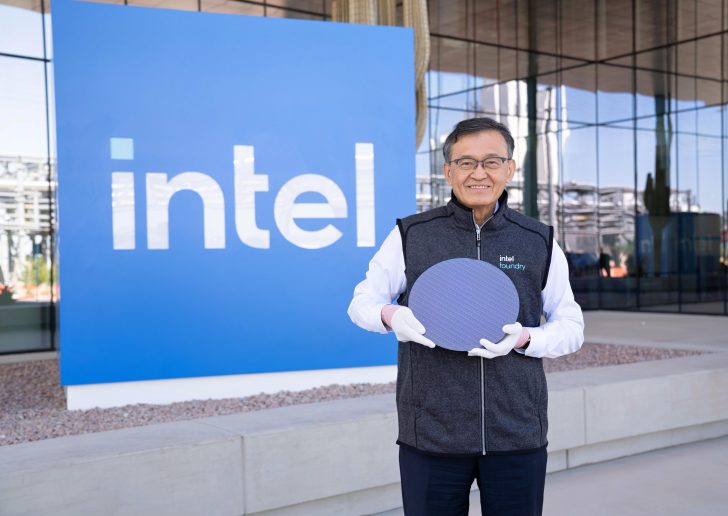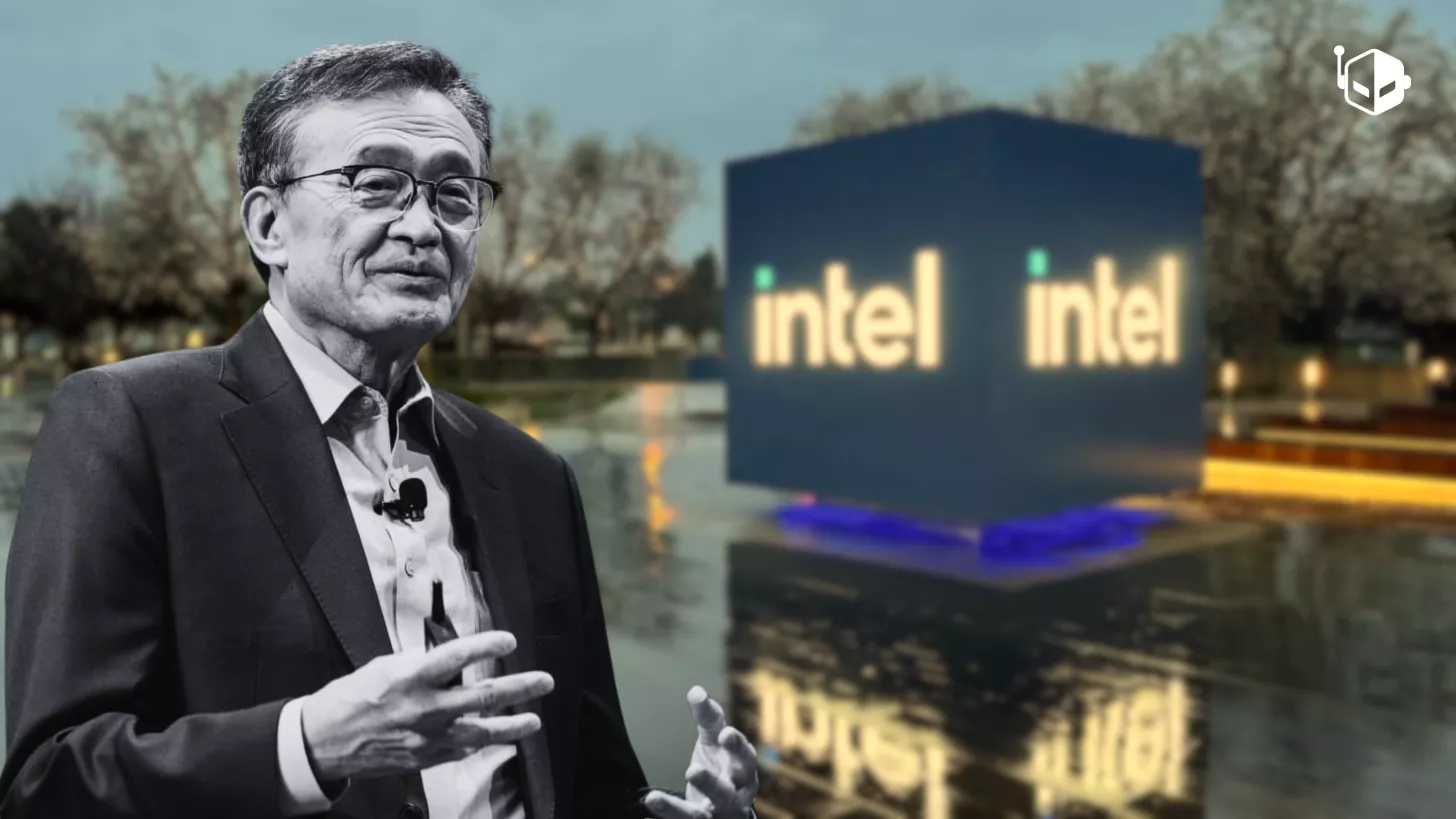The American chip giant Intel is under the spotlight as its CEO, Lip-Bu Tan, has shared insights on the significant stake the US government has taken in the company. This move, according to Tan, was essential for Intel to stand its ground against global competitors like Taiwan’s TSMC. The backing of the government is seen as a crucial step in strengthening Intel’s position in the global semiconductor market.
Intel’s Strategic Meeting with President Trump
The interest shown by the Trump administration in Intel was unexpected to many, but CEO Lip-Bu Tan viewed this development positively. He likened it to the support TSMC receives from Taiwan and Samsung Foundry from South Korea. Recently, Tan expressed his gratitude for this support during the Future Investment Initiative in Saudi Arabia. The meeting with the Trump administration, which led to a 10% government stake in Intel, was hailed as a “massive success” by Tan.
If you look at TSMC and Chartered Semiconductor, the government is a shareholder in those countries…and it’s very important for the resilience of the supply chain.
– Intel’s CEO Lip-Bu Tan
During discussions with President Trump, Tan emphasized his past achievements at Cadence, highlighting how he secured a substantial return for shareholders. This impressed the President and facilitated the government’s stake in Intel. Addressing past allegations of Chinese investments, Tan explained that partnerships with Chinese firms were a widespread practice among investors a decade or two ago.

The Future of Intel: AI and Foundry Division Focus
The US government’s stake has significantly bolstered Intel, attracting interest from major players like NVIDIA and SoftBank. This has resulted in notable financial growth for Intel in recent months. Under Tan’s leadership, Intel intends to rejuvenate its legacy by focusing on AI advancements, particularly in “physical AI” and “agentic AI,” and enhancing its foundry division. The optimism within Intel’s leadership signals transformative changes on the horizon, aimed at restoring the company to its former prominence.
